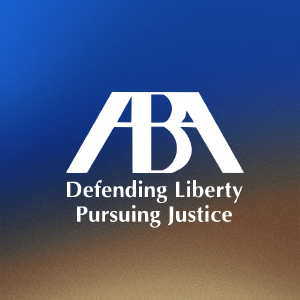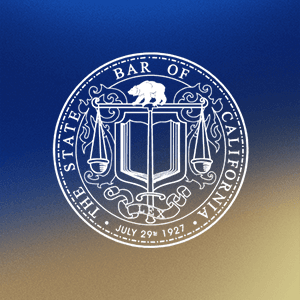Consciousness of Guilt
Consciousness of Guilt is both a concept and a type of circumstantial evidence used in criminal trials by prosecutors. It refers to a powerful and highly incriminating inference that a judge or jury may draw from the statements or conduct of a defendant (accused) after a crime has been committed suggesting that the defendant knows he or she is guilty of the charged crime. In other words, the defendant's conduct after the crime is circumstantial (indirect) evidence that the defendant intended to commit the crime, or, in fact, committed the crime. Some of the most common types of consciousness of guilt are:
- Fleeing from the crime scene or jurisdiction
- False statements and lies
- False alibi
- Changing name or personal appearance
- Concealing or destroying evidence (including a body or weapon)
- Witness intimidation or bribery.
Some behaviors by a defendant that do not constitute consciousness of guilt include mere denying a crime and silence after being accused of a crime by a police officer.
The prosecutor in a criminal trial is permitted to show that conduct or statements made by a defendant after the alleged offense may have been influenced by a defendant's criminal act. In California, there are four Jury Instructions that can selectively be used by prosecutors to demonstrate or suggest consciousness of guilt by a defendant:
- CALCRIM Jury Instruction 362 – Consciousness of Guilt: False Statements
If the defendant made a false or misleading statement before this trial relating to the charged crime, knowing the statement was false or intending to mislead, that conduct may show (he/she) was aware of (his/her) guilt of the crime and you may consider it in determining (his/her) guilt. [You may not consider the statement in deciding any other defendant's guilt.]
- CALCRIM Jury Instruction 371- Consciousness of Guilt: Suppression & Fabrication of Evidence
If the defendant tried to hide evidence or discourage someone from testifying against (him/her), that conduct may show that (he/she) was aware of (his/her) guilt. If you conclude that the defendant made such an attempt, it is up to you to decide its meaning and importance. However, evidence of such an attempt cannot prove guilt by itself.
- CALCRIM Jury Instruction 372: Defendant's Flight
If the defendant fled [or tried to flee] immediately after the crime was committed / or after (he/she) was accused of committing the crime), that conduct may show that (he/she) was aware of (his/her) guilt. If you conclude that the defendant fled [or tried to flee], it is up to you to decide the meaning and importance of that conduct. However, evidence that the defendant fled [or tried to flee] cannot prove guilt by itself.
- CALCRIM Jury Instruction 2130 – Refusal-Consciousness of Guilt (Vehicle Code, Section 23162)
The law requires that any driver who has been arrested submit to a chemical test at the request of a peace officer who has reasonable cause to believe that the person arrested was driving under the influence. If the defendant refused to submit to such a test after a peace officer asked (him or her) to do so and explained the test's nature to the defendant, then the defendant's conduct may show that (he/she) was aware of (his/her) guilt. If you conclude that the defendant refused to submit to such a test, it is up to you to decide the meaning and importance of the refusal. However, evidence that the defendant refused to submit to such a test cannot prove guilt by itself.
If you are being investigated or accused of a crime, you have a Constitutional right to remain silent and seek the advice of an attorney. Anything you say during questioning by law enforcement can and will be used against you in a criminal prosecution. Consult with an experienced criminal defense attorney before you speak to law enforcement to learn about your rights, defenses, and all legal options.
Client Reviews
-
God Bless you Stephen, wish you all the successes in life.
“Stephen is a great contact and extremely helpful and knowledgeable. I am glad that I was his client in the past. Top lawyer, top man. God Bless you Stephen, wish you all the successes in life.”
-
Don't hesitate to contact them!
“I was referred to this group of Attorneys. I was started with a low cost made arrangements. My case had to do with assault allegations. The case was dismissed they helped me not to loose my daughter to the system.”
-
Never Talk To Police
Know your rights when questioned by law enforcement.
Defend Your Rights -
Learn What To Do When Confronted and Interviewed By The Police
Honest & practical advice during a free initial consultation. Call now to get started!
Read More -
Don't Plead Guilty!
A plea bargain may not be in your favor. Let us help evaluate all of your options.
Learn More








